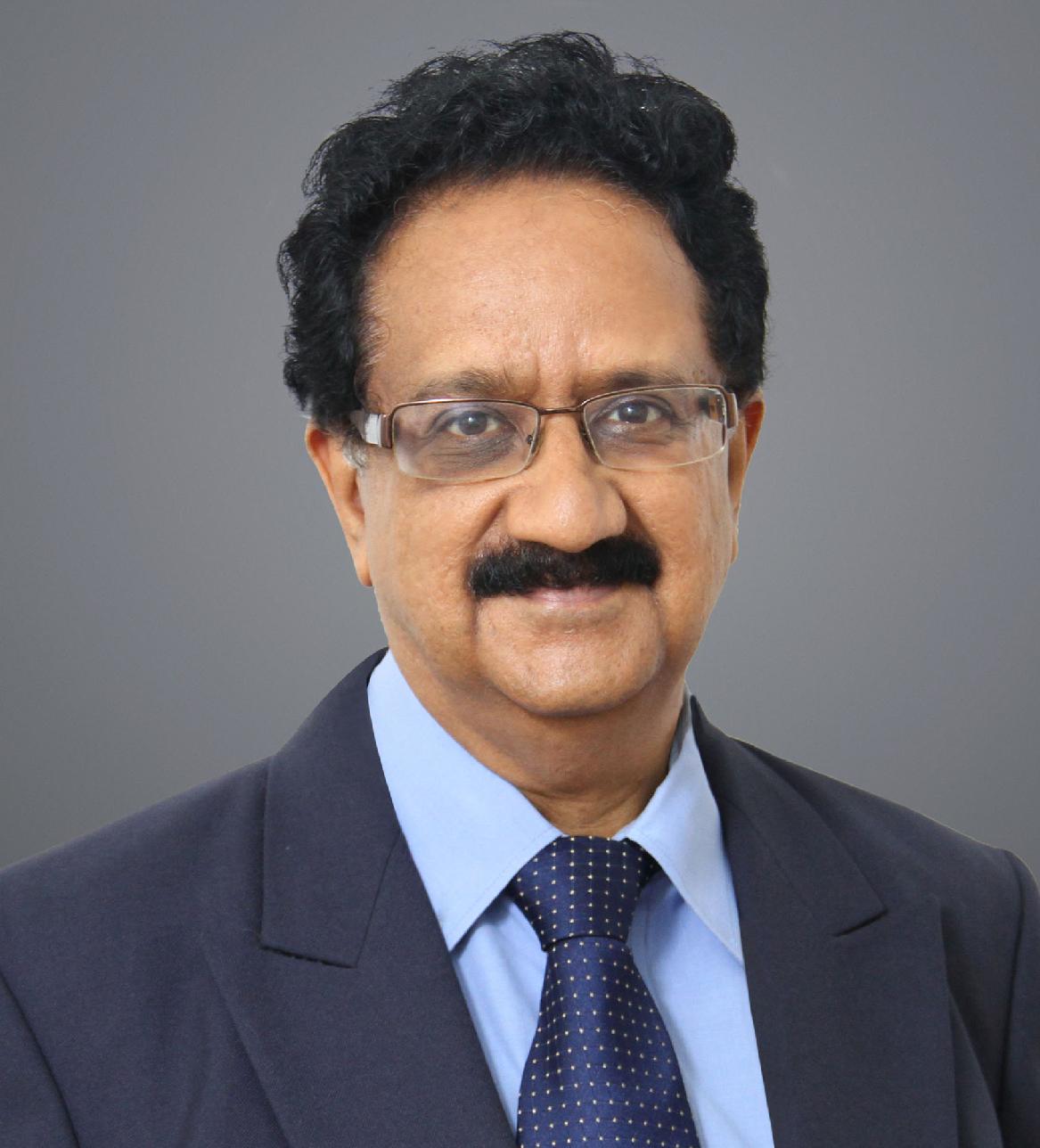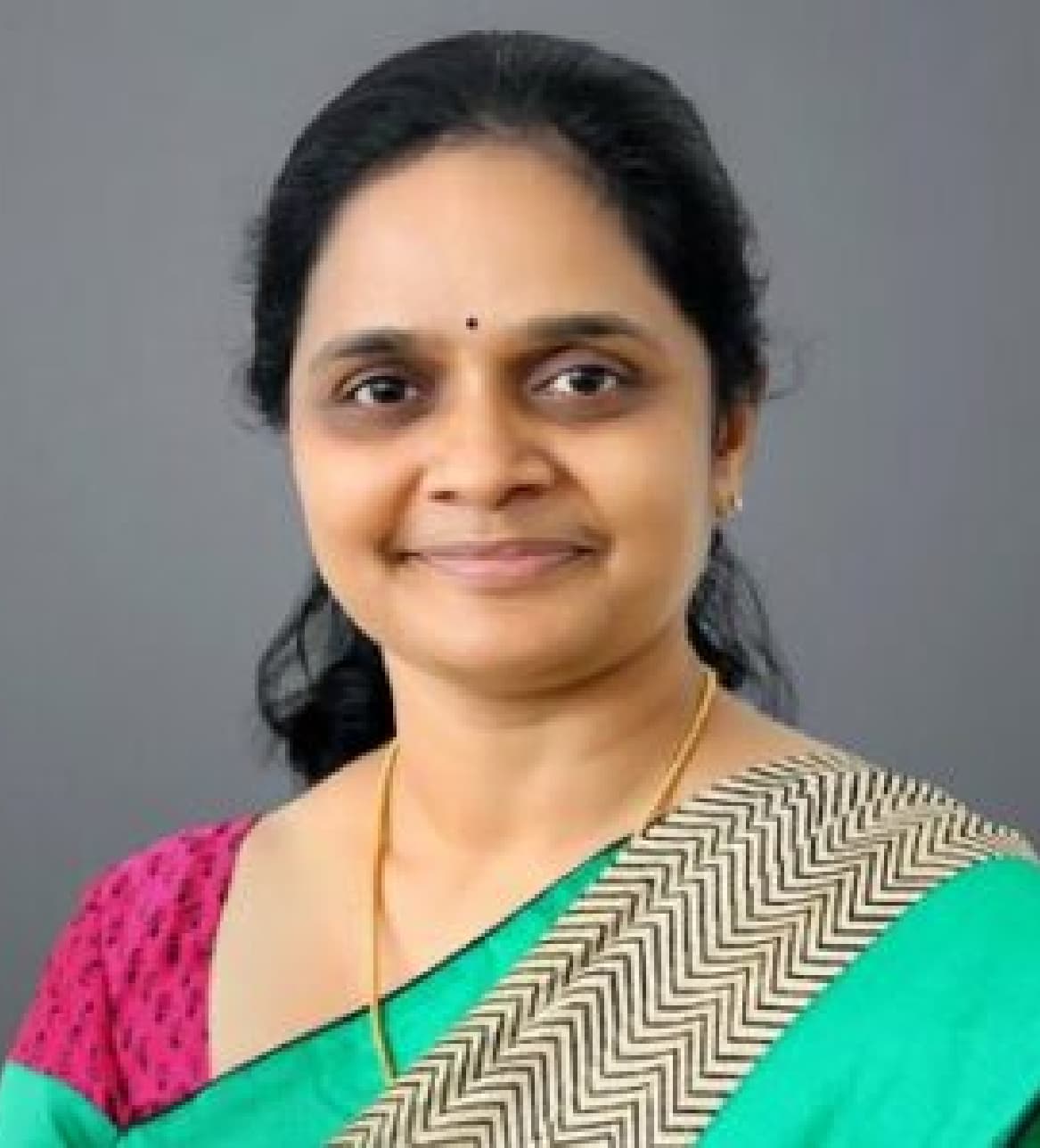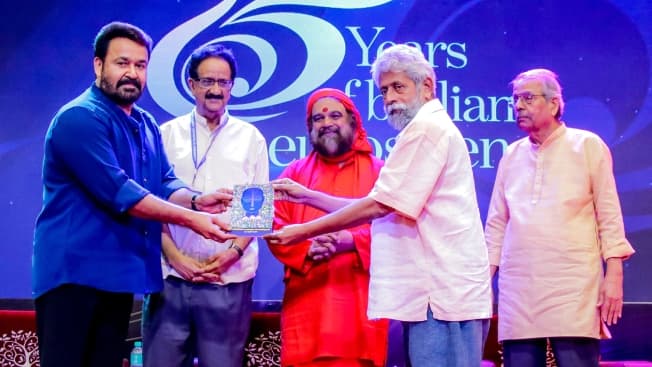Overview
The Department of Neurology provides care to patients with diseases of the brain, spinal cord, peripheral nervous system, muscle-related diseases, and conditions utilizing state-of-the-art technology and a world-class medical team. It includes the following disciplines:
- Epilepsy Center
- Headache Service
- Pediatric Neurology
- Sleep Medicine
- Multiple Sclerosis Clinic
- Botulinum Toxin Clinic
- Pelvic Dysfunction Clinic
- Movement Disorders and Gait Service
- Neuromuscular Service
- Cerebrovascular Diseases (Stroke) Center
- Comprehensive Neuro Rehabilitation
- Clinical Neurophysiology Laboratory
- Speech Therapy
- Sleep Medicine
Contact Us
Phone: 0484 - 6681310, 0484 - 2851310
Email: [email protected]
Diseases Treated
Epilepsy
- The control of epilepsy is achieved mainly through the appropriate use of anti-epileptic medication.
- Drug treatment, when properly administered, can result in effective seizure control in 70% - 80% of people with epilepsy.
Syncope
- Syncope (fainting) is defined as falling down and being unconscious for a short period of time due to a temporary reduction of blood supply to the brain.
- Fainting is a symptom and not a disease.
Sleep disorders
- Amrita features a modern sleep lab that can perform polysomnography and sleep latency testing and direct the appropriate management practice.
Neuropathies
- Any damage to the nerves of the peripheral nervous system is called peripheral neuropathy.
Speech and language disorders
Services provided are counseling, guidance, and rehabilitation for patients with the following disorders:
- Developmental Speech and Language Problems
- Deviant Speech and Language
- Post-Larynegectomy Speech Disorder
- Aphasia
- Dysarthria
- Hearing Problem
- Dysphagia
Myasthenia Gravis
Myasthenia gravis is a disease-causing fluctuating weakness of muscles like that of the limbs, swallowing and eye movement muscles.
Headaches
Headaches may have multiple causes. Although migraines are the most common form of headache, different types of migraine headaches will require different treatment modalities. Proper classification and treatment selection is critical.
Stroke
Thrombolysis is a special form of treatment that helps in breaking arterial blocking blood clots by means of interarterial as well as intervenous drugs. Amrita is also a recognized referral center for carotid endarterectomy (CEA).
Other disorders treated are :
- Parkinson’s disease and other movement disorders
- Wilson’s disease
- Vertigo
- Neuromuscular disorders
- Critical care neurology
- Fibromyalgia syndrome
- Childhood neurological problems
- Neurological complications of HIV infection
- Neurological rehabilitation
- Dementias
- Nutritional and vasculitic illness
- Inborn Errors of Metabolism
Service
Epilepsy Center
Epilepsy is controlled mainly by the appropriate use of anti-epileptic medication. Treatment of refractory seizures include epilepsy surgery, investigational medications, vagus nerve stimulation, and others.
Headache Service
Diagnosis and treatment of patients with chronic headache conditions such as muscle-contraction headaches, migraine, and cluster headaches are provided. Medication-based and non-medication treatments that transcend the realms of conventional neurology are utilized.
Pediatric Neurology Service
Using new diagnostic modalities and therapies under Pediatric Neurology we perform surgery as a therapeutic option in a few selected cases of childhood epilepsy. imaging modalities include PET (Positron emission tomography), SPECT (Single-photon emission computed tomography), fMRI (Functional magnetic resonance imaging), Electrophysiology, Electrocorticography, and Video EEG (Electroencephalography). There is an active learning disability program for children involving psychologists, neurologists, and developmental specialists.
Sleep Clinic
The clinic attends to persons with sleep disorders like insomnia, obstructive sleep apnea, narcolepsy, restless leg syndrome, and sleep problems associated with various chronic illnesses. Specialized tests like polysomnography (PSG), multiple sleep latency tests (MSLT), positive airway pressure (PAP), titration are used for proper diagnosis. The clinics are well supported by our allied departments like Endocrinology, Psychiatry, Clinical Psychology, Holistic medicine, Pulmonology, ENT, Faciomaxillary, and Bariatric surgery.
Multiple Sclerosis Clinic
Highly specialized in providing accurate diagnosis and implementing appropriate treatment and support for patients with multiple sclerosis. They are subjected to detailed examinations including the Expanded Disability Status Scale (EDSS) and other disability scales like PASAT (Paced Auditory Serial Addition Test), 2-hole peg test, etc., and are actively followed up. In association with the Urology department, the clinic provides specialized treatment options like Botulinum Toxin therapy for spasticity and urodynamic studies for bladder problems.
Botulinum Toxin Clinic
The Botulinum Toxin Clinic provides botulinum injection therapy for various disorders like hemifacial spasm, blepherospasm, oromandibular dystonia, cervical dystonia, laryngeal dysphonias, focal dystonia, post stroke spasticity, etc. It also provides botulinum toxin therapy for rarer indications like chronic migraine, refractory trigeminal neuralgia, painful peripheral neuropathy, etc. So far, the clinic has helped more than 200 patients with their specific problems.
Pelvic Dysfunction Clinic
Amrita Hospital, Kochi, has opened the country’s first multidisciplinary Pelvic dysfunction clinic to address patients’ concerns. The term Pelvic dysfunction combines bowel, bladder, and sexual dysfunction. It is observed in neurological disorders such as spinal cord injury, multiple sclerosis, demyelinating disorders, Parkinson’s disease, and related disorders like cauda equina syndrome.
Dr Anand Kumar, Head of the Department of Neurology, inaugurated the clinic in the presence of Prof Jalesh Panicker, Head of the Department of Uroneurology, University College London, on November 10, 2022.
- The clinic functions on Fridays, and patients can report to OPDs of Department of Neurology, Urology or Gastroenterology based on their primary symptom. patients can
- Experts available: Dr. Kannar Nair from Urology, Dr. Shine Sadasivan from Gastroenterology, Dr. Ravi Sankaran from Physical Medicine and Rehabilitation, and Dr. Saraf Udit from Neurology.
Movement Disorders and Gait Service
The Movement Disorders and Gait Service provides comprehensive evaluation and treatment of patients with Parkinson’s disease, tremor, ataxias, dyskinesias, dystonia, gait disorders, tics, and Tourette’s syndrome.
Neuromuscular Service
- Diagnostic evaluation, consultation and management of all neuromuscular disorders, including motor neuron diseases (ALS), peripheral neuropathies, myopathies, muscular dystrophy, and myasthenia gravis
- We are routinely doing thymectomy for myasthenia gravis
Stroke Medicine and Neuro-Intensive Care Unit
- Critically ill patients requiring ICU admission for their neurological illness such as intracerebral hemorrhage, neuromuscular diseases, and severe strokes are managed in a well-equipped stroke and neuro-intensive care unit.
- The introduction of thrombolysis as a treatment for acute stroke has significantly decreased the disability from stroke.
Diagnostic Tests and Procedures
Diagnostic Tests
- Non-invasive vascular testing
- Magnetic resonance spectroscopy
- Functional magnetic resonance imaging
- Cerebral angiograph
- Nerve conduction study
- Electromyography (EMG)
- Electroencephalography (EEG)
- Polysonnography (sleep study)
EEG, electroencephalography, records the electrical activity of the brain with the help of electrodes (small metal, cup-shaped discs) pasted to the scalp.
Evoked potentials are potentials recorded from the scalp in response to a brief auditory, visual or electrical stimulation to nerves to assess the hearing (BAEP - brainstem auditory evoked potential), visual (VEP – Visual evoked potential), or sensory (SSEP - somatosensory evoked potential) pathways respectively.
A Polysomnogram (PSG) is a test designed to monitor and evaluate sleep characteristics and physical stage during sleep. Small electrodes or sensors will be painlessly attached to different parts of the body to monitor brainwaves, heart function, breathing, and muscle activity for the whole night. The patient will be videotaped to correlate body position and movement with physiological data.
Multiple Sleep Latency Test is designed to evaluate the degree of sleepiness in patients with sleep disorders. Small electrodes or sensors will be painlessly attached to different parts of your body to monitor brain waves, heart function, and muscle activity. During the test patients will be asked to nap at two-hour intervals 4 to 5 times in the day.
The ENMG (Electro Neuro Myography) examination is a diagnostic examination of nerve and muscle function by placing discs on the skin over the nerves or muscles and recording their responses to electrical stimulation of the nerves.
Intra-operative electrophysiological monitoring is routinely performed during scoliosis surgery. This monitoring helps the surgeon to signal if there is any undue pressure or potential damage to the spinal cord in the potentially reversible phase. Intra-operative somatosensory evoked potential, motor evoked potential, brain stem auditory evoked potential, facial nerve stimulation and identification of central sulcus with sensory evoked potentials are some of the procedures routinely performed.
Tests such as sympathetic skin response to sensory and auditory stimuli, RR interval variability during posture changes, RR interval variation during respiration, and during valsalva manouver are routinely performed for patients with dysfunction of the autonomic nervous system.
Speciality Clinics
Monday
Headache Clinic
Tuesday
Epilepsy Clinic
Wednesday
Paediatric Neurology Clinic
Thursday
Movement Disorders Clinic
Friday
Botulinum Toxin/Multiple Sclerosis Clinic
First Saturday and Third Friday
Sleep Clinic






